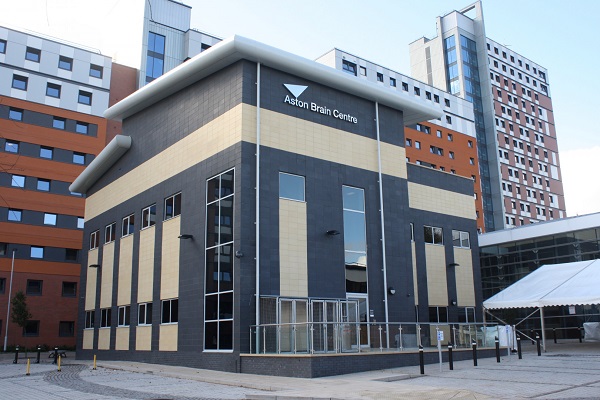Aston University: Aston University bioenergy experts showcase net zero research at Net Zero Week in Glasgow
Two of Aston University’s bioenergy experts have been helping to highlight the research that could lead to net zero by 2050.
They are attending the Engineering Net Zero Week which is taking place in Glasgow and online from 20 to 24 June.
Organised by the Engineering and Physical Sciences Research Council (EPSRC) it is showcasing research they have funded and is continuing the conversations that took place at the United Nations Climate Change Conference (COP26) in November 2021.
Professor Patricia Thornley is director of the Energy and Bioproducts Research Institute (EBRI) which is based at Aston University and hosts the Supergen Bioenergy Hub. She was invited to talk about how EPSRC-supported research and innovation can contribute to net zero solutions.
Professor Thornley said: “The Supergen Bioenergy Hub works with academia, industry, government and others to develop sustainable bioenergy systems that support the UK’s transition to an affordable, resilient, low-carbon energy future. We have a close working relationship with UK policymakers
“The independence of researchers and the role of academia in providing evidence-based information in this field contributes to public trust within a field that can be controversial.
“As well as our research, we are training the students on our MSc in Sustainable Engineering to be the engineers of tomorrow, who will contribute towards achieving the goal of net zero by 2050.”
Meanwhile Dr Mirjam Roeder, an associate professorial research fellow in EBRI, discussed her examination of converting rice straw – a waste product accumulated during harvest – into biogas in the Philippines. She outlined how, by working with local farmers, the renewable energy could be applied to different business models to benefit their communities.
The Supergen Bioenergy Hub hosted a stand to introduce visitors to biomass resources that can be converted into useful bioenergy and bioproducts, while taking into account the impact on climate, jobs and cost. The stand included their interactive ‘Build your own biorefinery’ flip book and digital game.
As part of the virtual showcase, the Hub also hosted a webinar with the other EPSRC Supergen networks looking at the social impacts of the move to net zero.
The event in Glasgow coincides with International Women in Engineering Day. The day is designed to give women engineers around the world a profile when they are still hugely under-represented in their professions, and to encourage more young women and girls to take up engineering careers.
At Aston University the number of female students studying engineering subjects grew between 2016 to 2021 from 22% to 27%, above the UK STEM benchmark of 17% to 19%.

